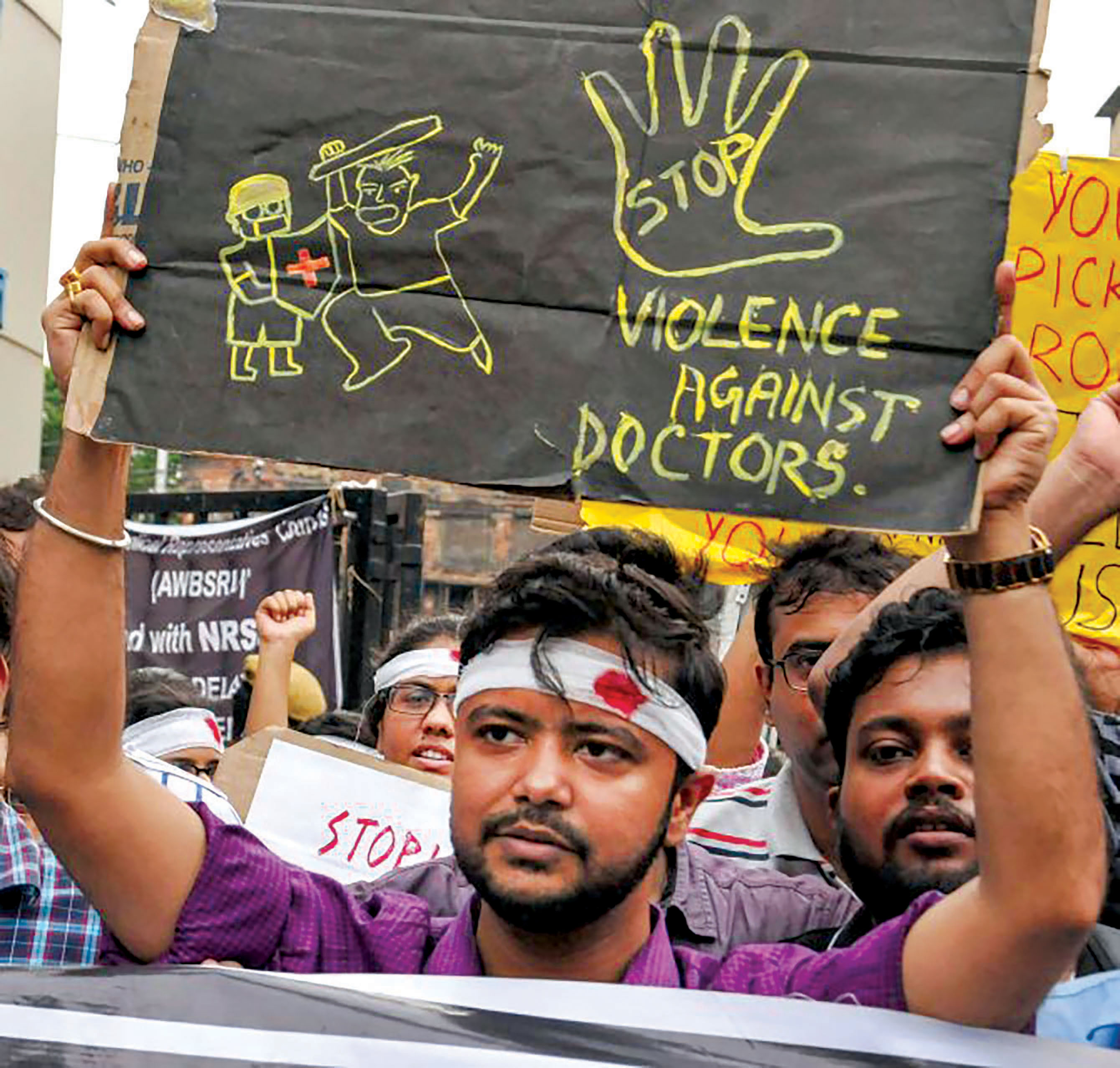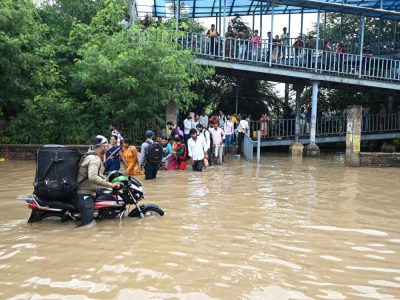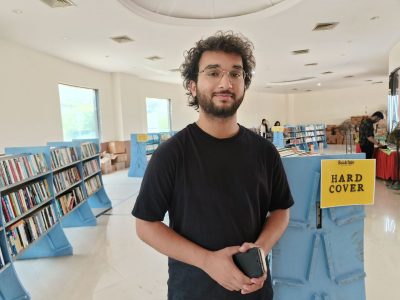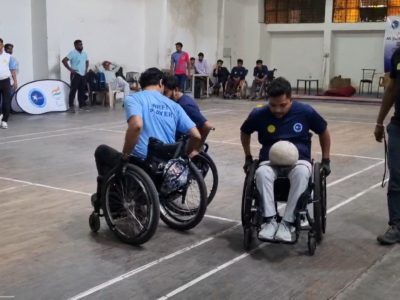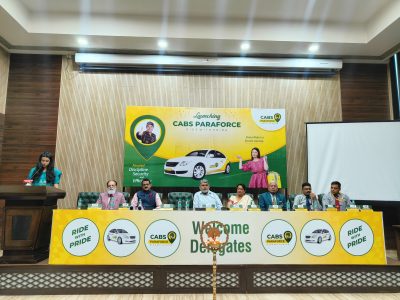Doctors face the wrath of relatives when their patient dies, even if it was not due to negligence. The recent physical attacks on junior doctors in Kolkata opened a can of worms
“Patients treat us like God, but they forget that medical science has its own limitations. Human beings are not immortal, and there still are situations that can go beyond our control despite all the advancement in the medical field. If they treat us like God, they cannot pounce on us,” says Dr Jagriti Kashyap, a private practitioner based in Delhi.
She adds, “Nowadays, there is a growing trust deficit between doctors and patients and I do not really blame the patients for that because there has been a spike in cases of negligence over the years which has led to this. But what is ironic is, when there are actual cases of negligence, it gets concealed. And many times, doctors have to face the brunt of what Nature does.”
Doctors say that it is difficult to make patients understand what went wrong and why the patient could not be revived. Another doctor working at Fortis Hospital, who does not wish to be named, says, “Sometimes, they will be like, ‘They were so normal, how can this happen?’ But this is the main drawback of our profession. It involves a lot of risk. It is not easy for us as well to see a patient die. As doctors, why wouldn’t we try our best to save a life? We do, we try our best. But sometimes we just can’t defeat God’s will and destiny.”
She says that she can recall so many instances, not just the ones that she has faced but also some that were faced by her colleagues, where patients lose their calm and get aggressive with the doctor, so much so that we even have to run for our lives. “If the ones who are here to save lives are not safe, are not respected, then how can you expect the health system to flourish? We need safety for the saviours.”
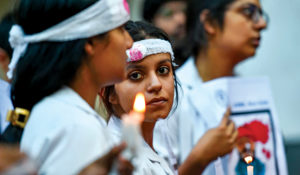
Recently, doctors across the country started a protest after a couple of interns at the Nil Ratan Sircar Medical College and Hospital (Kolkata) were seriously injured, following a clash between junior doctors and relatives of a patient who died due to alleged negligence.
An intern was hit on his head by the protesting relatives of the dead patient. “The mob dragged the junior doctors to the main gate and assaulted them. Suddenly, the cops started raining bricks at the doctors and we all had to run for shelter,” media reports stated an eyewitness’ account. This has created a huge concern about the safety of doctors in the country and the Indian Medical Association also showed solidarity with the doctors, who have been demanding the introduction of a law that protects doctors from such threats and abuse.
Just days after the protest came to an end, another such incident rocked the Capital when some locals at Maharishi Valmiki Hospital created ruckus in the hospital premises. A 4-year-old girl was admitted to the hospital for medical treatment after she was allegedly raped by a 45-year-old man in Bawana. A video, allegedly of the hospital, shows a group of people engaging in an altercation with the security staff and later ransacking the facility, causing damage to furniture and other objects.
There have been several such cases of violence against doctors. “Once I had to insert an intramedullary rod in an 80-90-year-old patient’s bone and he was discharged after his stiches were cut. But he died at home. His son-in-law came to my clinic and said, ‘Pick up all your equipment and come with us and take out that rod’. The way they blackmailed was so intimidating that I had to call the police,” says Dr Uttam Garg, an orthopaedic surgeon.
Dr S Khan, a gynaecologist working at a government hospital, says, “I performed a caesarean around two years back. Everything was fine and there were no complications. The vitals too, were completely normal. But on the third day, even though the vitals were still fine, the patient started showing signs of danger. I called for an ambulance and referred her to a bigger hospital and also sent all my staff with her. Even at that hospital they were not able to figure out what had happened.” When the woman died, the patient’s family came back and abused her. They started physically abusing the male nurse, pushed him and then pulled him by his collar.
This happens more commonly with private practitioners and junior doctors. She goes on to tell us a case that happened with her colleague Dr Seema Dev who is also a gynaecologist and runs her own nursing home. She says, “Sometimes women do not feed properly breastfeed the child, as a result some complication can occur and this is what probably happened when a newborn child died at her nursing home — even though there was a paediatrician who checked the child and everything seemed normal. They vandalised her clinic and made a ruckus at her nursing home. The police had to be called.”
She adds, “This is how things can get out of control. For everything that happens, you cannot blame the doctor and even if there is a case of negligence, a proper enquiry needs to be conducted and people need to wait for the authorities to investigate the case. Taking law into their own hands and manhandling the doctors and vandalising the clinic or hospital will not help in any case. We understand that they can be frustrated and upset with the demise of their loved ones, but they cannot take that out on us. We just do our job.”
“If they don’t get an explanation or a reason, they start panicking. But it also difficult to make them understand. Many patients are illiterate, so how to make them understand the kind of medical complications that can happen suddenly?” questions Dr Harpreet Monga.
There are also instances where the patients or their family members subject the doctors to offensive and foul language. Dr Smita, a gynaecologist says that once there was a patient whose husband called her repeatedly and kept abusing her because his wife was not getting any relief from pain. He threatened her, “Subah clinic pe aayengi toh dekh lenge (We will see you tomorrow when you come to your clinic).” He stopped only after the police intervened.
Keeping such incidents in mind, maybe it is high time that the government introduced a law to keep such violent acts in check.

